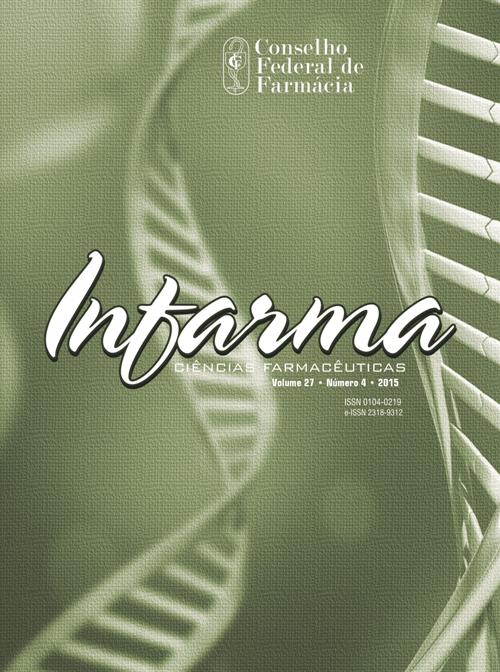INHIBITION OF THE PRESERVATIVE SYSTEM OF TWO O/W EMULSIONS BY POLYSORBATE 80
DOI:
https://doi.org/10.14450/2318-9312.v27.e4.a2015.pp221-225Keywords:
cosmetic, cosmetic additives, cosmetic stability, parabens, polysorbatesAbstract
The inhibition of growth of microorganisms due to the bacteriostatic or ungistatic effect of the formulation may cause a false-negative result in microbiological analysis. Thus, the evaluation of the inhibitory capacity of the preservatives present in the sample is critical to an effective microbiological evaluation. The tests were performed to prove the absence of the inhibitory effect on the growth of microorganisms due to the inhibitory activity of these components. Inhibition of the formulation preservative effect was carried out by two methods: by the addition of 0.4 % polysorbate 80 and dilution. The sample was prepared using 10 g of each sample in 90 mL of 0.9 % saline, resulting in a 1:10 dilution. Also, it was added 0.4 % polysorbate 80 in saline solution to neutralize the parabens and imidazolidine in the formulations. The neutralization of the inhibitory effect was performed by using 0.4% polysorbate 80 and 1:10 dilution. It observed the growth of the following microorganisms: Staphylococcus aureus, Salmonella typhimurium, and Pseudomonas aeruginosa in all samples and the positive control, meaning the inactivation of the inhibitory effect of preservatives.
Downloads
Published
How to Cite
Issue
Section
License
Authors who publish in this journal agree to the following terms:
- Authors retain the copyright and grant the journal the right of first publication, with the work simultaneously licensed under the Licença Creative Commons Attribution which allows the sharing of work with acknowledgment of authorship and initial publication in this journal.
- Authors are authorized to take additional contracts separately, for non-exclusive distribution of the version of the work published in this journal (e.g. publish in institutional repository or as a book chapter), with acknowledgment of authorship and initial publication in this journal.
- Authors are allowed and encouraged to publish and distribute their work online (e.g. in institutional repositories or on their personal page) at any point before or during the editorial process, as this can generate productive changes as well as increase the impact and Citation of published work (See O Efeito do Acesso Livre ).


